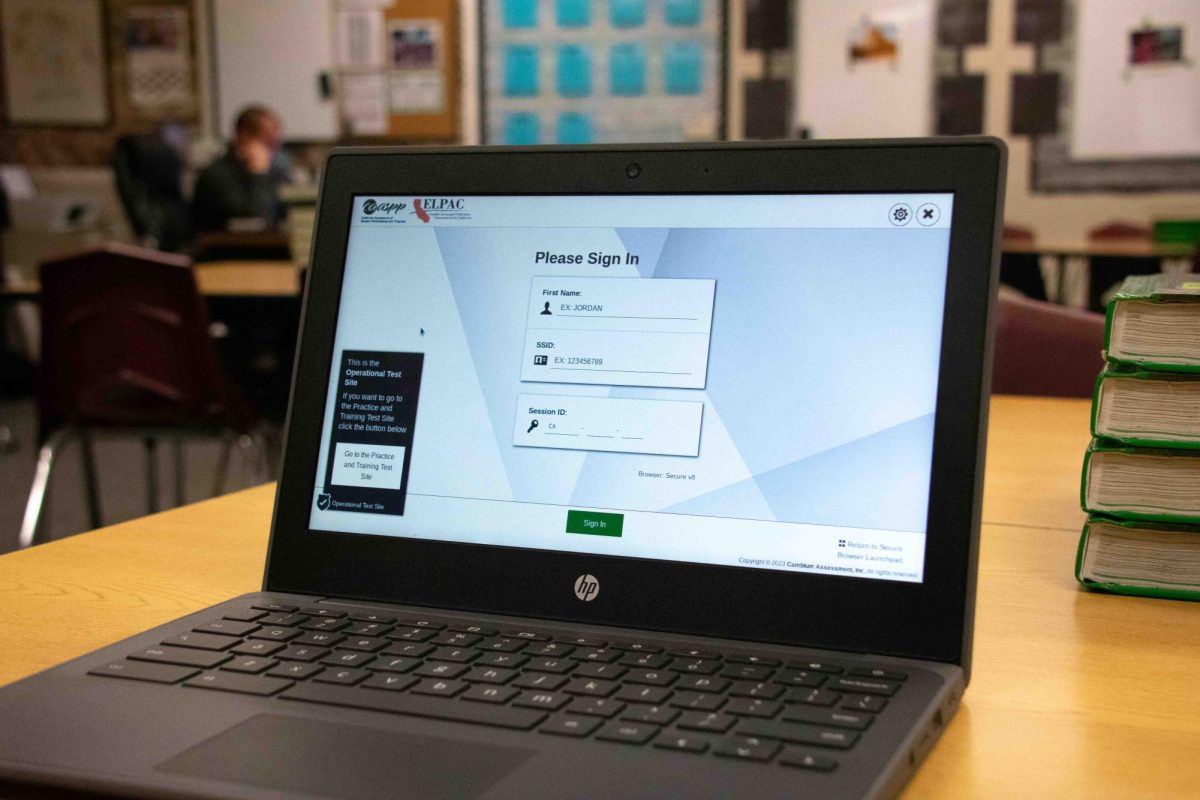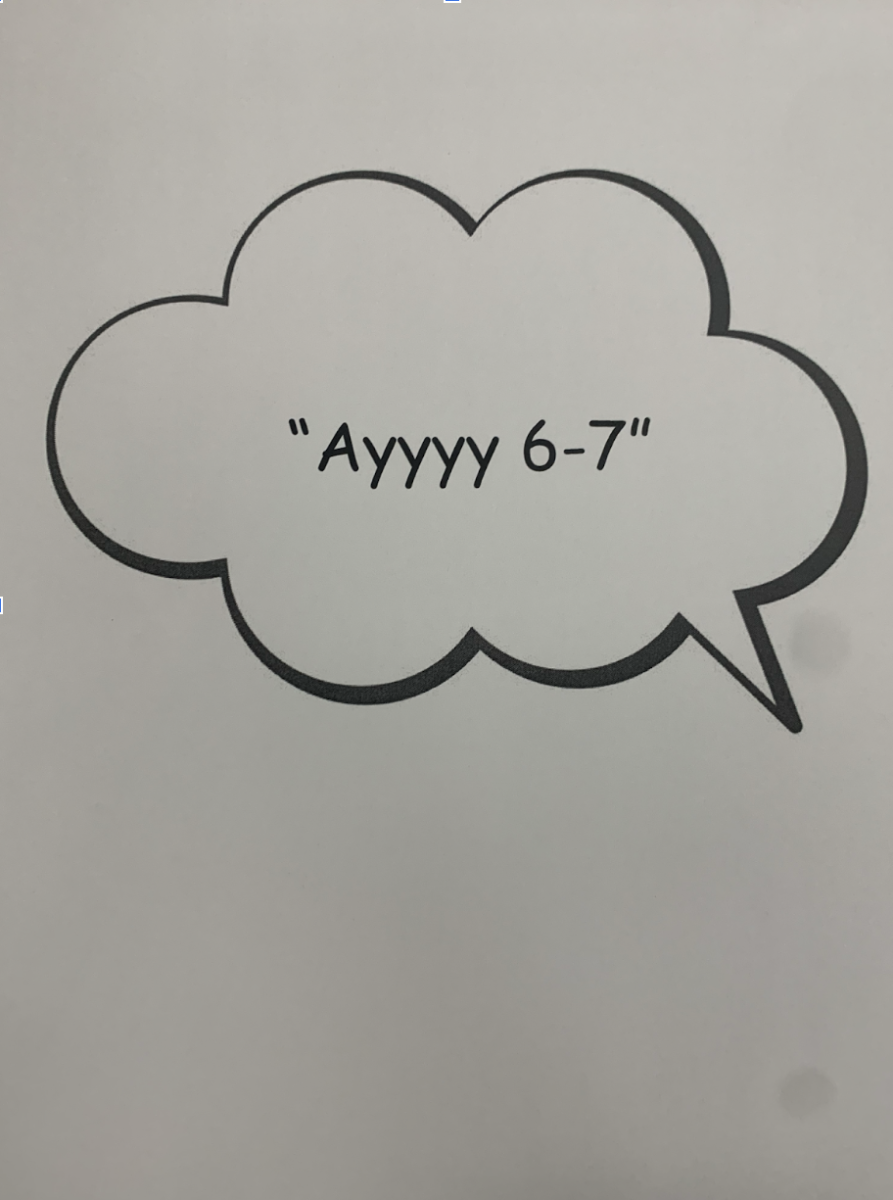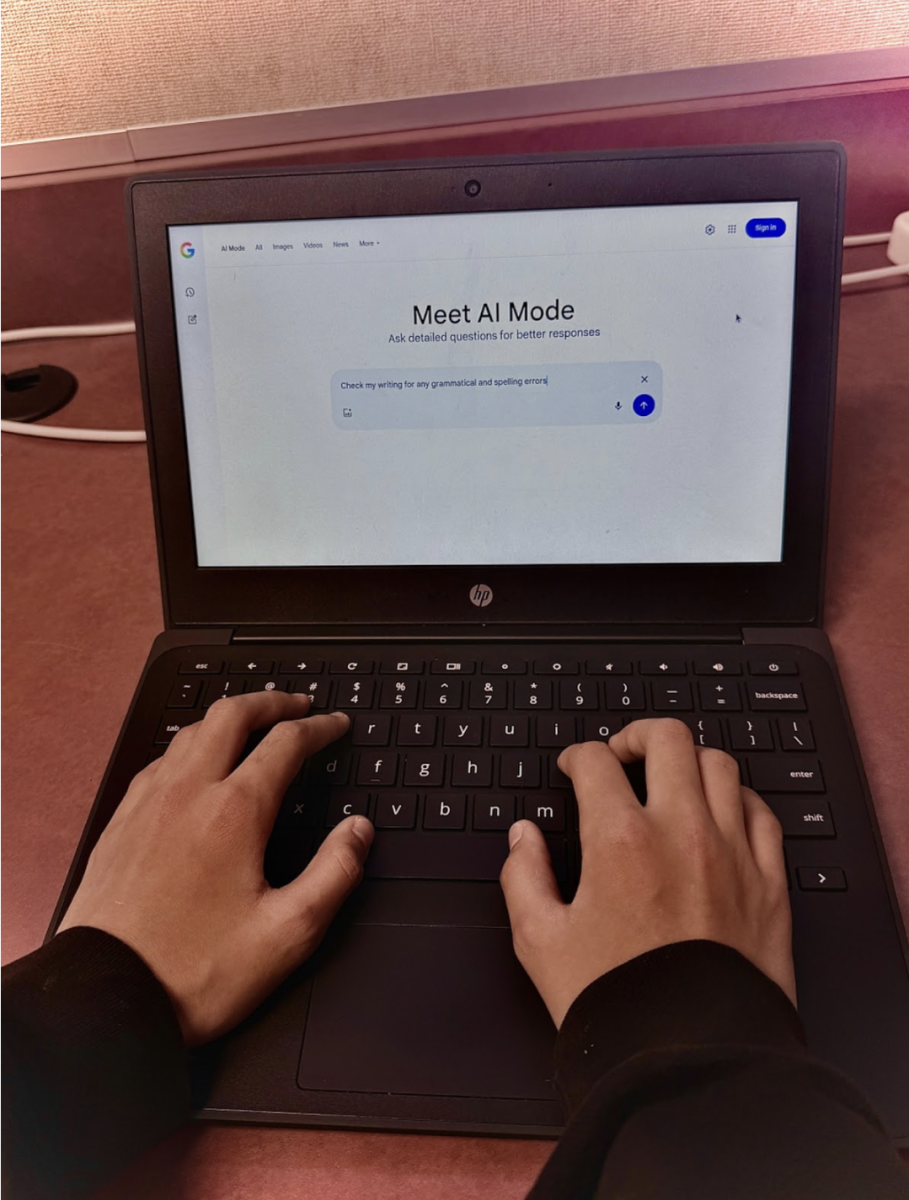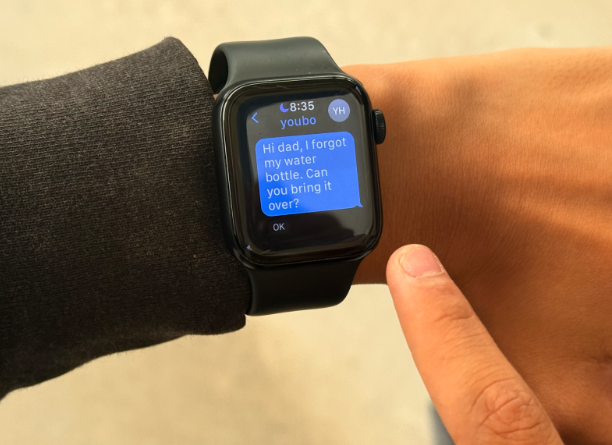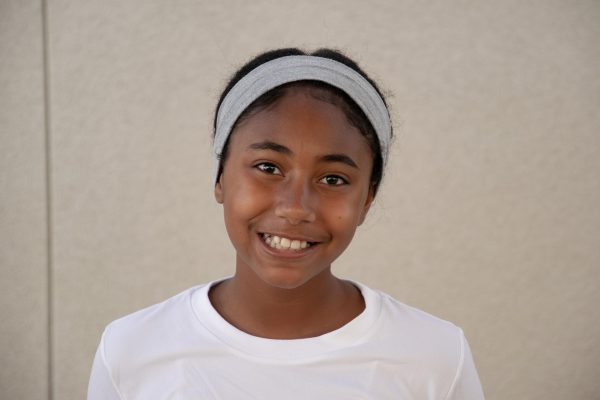Starting in third grade, students in the US are required to take standardized testing, or what most students are familiar with, state testing. Unlike the i-Ready, this test is taken once at the end of the year and is not adaptive; the questions are only about what you’ve learned at your grade level.
Scores are revealed at the beginning of the next school year, rated on a level 1-4. A Level One means you didn’t do well, and a Level Four means you aced it.
This test requires plenty of practice during the year, often during PACK. But how do Day Creek students feel about having to practice for a test that is months away?
“In my opinion, PACK is to do other skills to help you, [not for] testing. I feel like [the preparation] should be done later in the year, near [the state test] because we’re all going to forget [what we’ve learned],” said eighth grader, Chloe L.
“I feel like [the state test prep] was easier than the stuff we were taught in class. I felt nervous [about my score] considering [my PACK class was] very difficult for me, but I was kind of relieved because the test wasn’t as hard as I expected it to be. State test prep is easier than the actual state test,” said Mary G.
Some students may find that the PACK they are in is challenging, but preparing for a test at a certain grade level is just reviewing what you probably already know. Teachers recognize this and work to use PACK to confirm those skills.
“It is kind of nice to be able to use [PACK time] because then in the different levels we can prep our students based [on their] levels for state testing. We don’t really have time in class to necessarily do state test prep because in class we’re more focused on [learning],” said Mrs. Dedick.
Although the state test is months away, students going through test prep in their leveled PACK prepares them to know what to do when the time comes.
”I think the state test preparation is very helpful because it helps me get used to what the test will bring me and the types of questions it’ll be asking,” said Esperanza G. “[The preparation] tells me what else I’m going to learn throughout the year. As it gets harder, I learn more about what I’m going to be expecting [during the year].”

